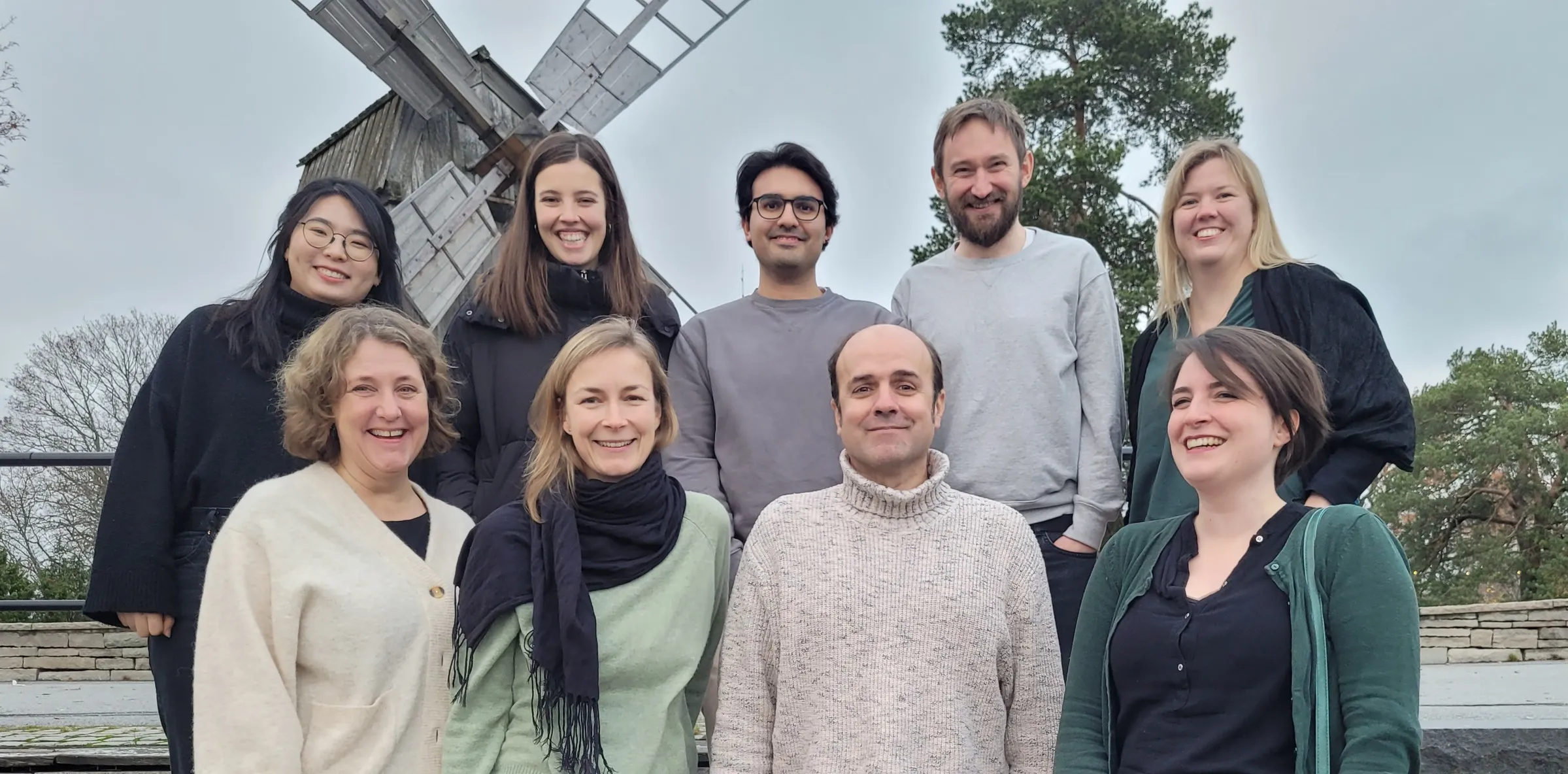Our research
Our current interests are spread among a variety of topics, where we believe that the use of automatized microscopy and phenotypic screens can contribute. Examples include the search for new treatments for neurodegenerative diseases such as amyotrophic lateral sclerosis (ALS) or Huntington disease (HD); investigating ways of potentiating the immune response; identifying molecules that modulate RNA translation or exploring the links between female hormones in the context of inflammatory diseases. To do so, we capitalize on our expertise in chemical screens, and we seek collaborations with national and international groups that help us bring our discoveries as far as possible.
Besides our own work, and together with Prof. Karin Forsberg, we coordinate a research community program named PHENOTARGET, supported by SciLifeLab, which brings together more than 30 Swedish research groups with a common interest on Phenotype Drug Discovery in Human disease.

